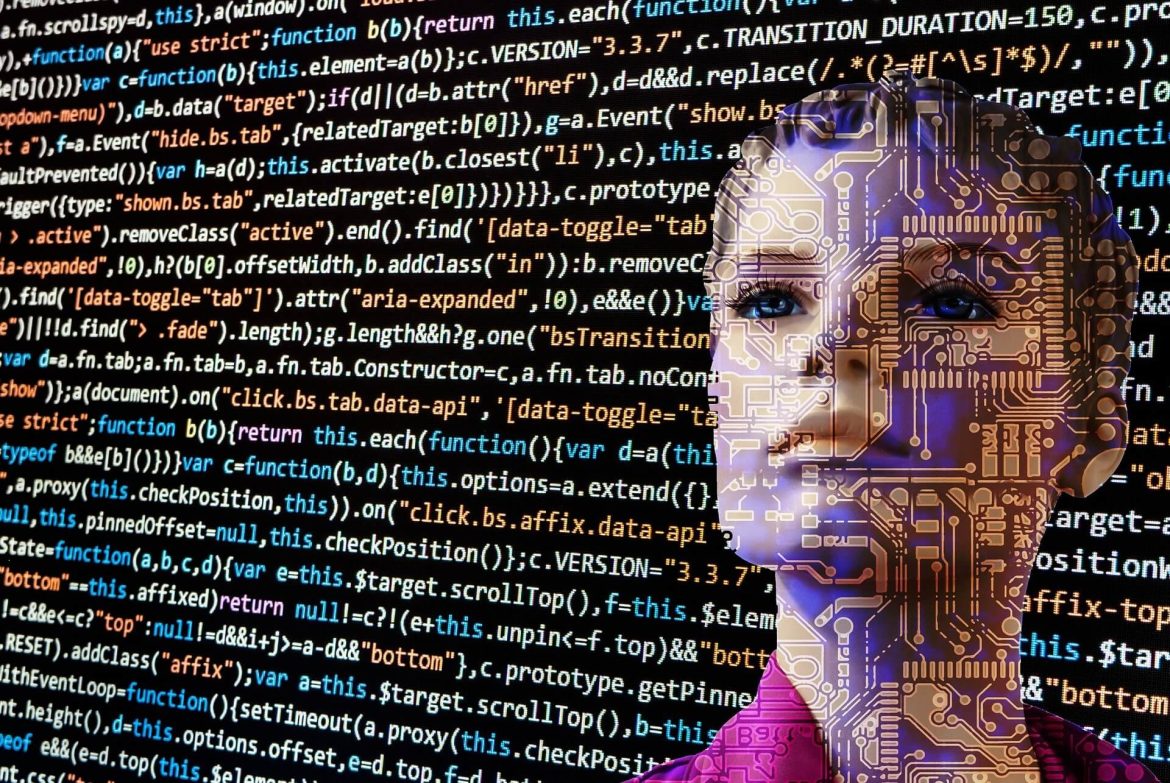With the rapid advancement of technology, the integration of Artificial Intelligence (AI) in various industries has become inevitable. One such area where AI has made significant strides is content creation. From automated copywriting to providing creative assistance, AI is revolutionizing how content is produced, distributed, and consumed.
Understanding Automated Copywriting
Automated copywriting involves the use of AI-powered tools and algorithms to generate written content automatically. These tools analyze vast amounts of data, including user behavior, market trends, and language patterns, to produce high-quality copy tailored to specific audiences. By harnessing natural language processing (NLP) and machine learning techniques, automated copywriting platforms can generate content for various purposes, such as marketing campaigns, product descriptions, and blog posts.
One of the key advantages of automated copywriting is its efficiency. Traditional copywriting can be time-consuming and labor-intensive, requiring extensive research and writing skills. However, AI-powered tools can streamline the content creation process, allowing businesses to produce large volumes of content quickly and cost-effectively. Moreover, automated copywriting enables marketers to personalize content at scale, delivering targeted messages to different audience segments based on their preferences and behavior.
Despite its benefits, automated copywriting is not without its challenges. One concern is the potential for plagiarism and lack of originality. Since AI generates content based on existing data and patterns, there is a risk of producing generic or unoriginal copy that fails to engage audiences. Additionally, automated copywriting tools may struggle to capture the nuances of human emotion and creativity, leading to content that lacks authenticity and resonance.
The Role of AI in Creative Assistance
In addition to automated copywriting, AI plays a crucial role in providing creative assistance to content creators. AI-powered platforms leverage advanced algorithms to analyze content performance metrics, identify trends, and generate actionable insights to optimize creative strategies. By harnessing the power of data analytics and predictive modeling, these platforms enable marketers to make informed decisions about content creation, distribution, and optimization.
One of the key benefits of AI-driven creative assistance is its ability to enhance content effectiveness. By analyzing user engagement metrics, such as click-through rates, conversion rates, and social media interactions, AI can identify which types of content resonate most with audiences and tailor future campaigns accordingly. Moreover, AI-powered platforms can provide real-time feedback and suggestions to improve content quality and relevance, helping marketers iterate and refine their creative strategies over time.
Another advantage of AI in creative assistance is its ability to automate mundane tasks and streamline workflow processes. By automating repetitive tasks, such as data analysis, content curation, and performance tracking, AI frees up valuable time and resources for content creators to focus on more strategic initiatives, such as ideation, storytelling, and audience engagement. Additionally, AI-driven automation can help marketers stay agile and responsive in today’s fast-paced digital landscape, enabling them to adapt quickly to changing market conditions and consumer preferences.
Conclusion
In conclusion, AI is transforming the field of content creation by offering automated copywriting and creative assistance capabilities. From generating personalized content at scale to providing actionable insights for optimization, AI-powered tools are empowering marketers to create more engaging and effective content strategies. While there are challenges to overcome, such as ensuring originality and maintaining authenticity, the potential benefits of AI in content creation are vast. By embracing AI-driven technologies and harnessing their capabilities, businesses can stay competitive and relevant in an increasingly digital world.

